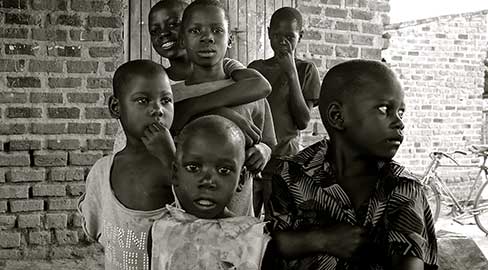Title: Child Neglect: A Silent Epidemic We Must Confront
Introduction:
Childhood is a crucial period for a child’s physical, emotional, and cognitive development. Regrettably, for far too many children worldwide, this essential phase is marred by the harrowing experience of neglect. Child neglect is a pressing issue that demands our attention and action. In this article, we will delve into the causes and consequences of child neglect, explore its various forms, and underscore the importance of intervention and prevention strategies.
Understanding Child Neglect:
Child neglect can be defined as the failure to provide adequate care and support that meets a child’s basic needs for survival, growth, and development. It encompasses physical, emotional, educational, and medical neglect. Child neglect often occurs due to various factors such as parental substance abuse or mental health issues, poverty or economic strain within families, lack of knowledge about appropriate parenting practices or resources available.
Forms of Child Neglect:
- Physical Neglect: This form of neglect involves failing to provide proper nutrition or clothing for a child. It may also include inadequate supervision or leaving a child alone in unsafe environments.
- Emotional Neglect: Emotional neglect occurs when caregivers fail to offer love, support or fail to meet a child’s emotional needs such as providing affectionate touch or offering praise.
- Educational Neglect: Educational neglect refers to parents’ failure to ensure their children attend school regularly or receive appropriate educational stimulation at home.
- Medical Neglect: Medical neglect arises when parents fail to seek necessary medical care for their children’s illnesses or injuries.
Consequences of Child Neglect:
The impact of child neglect can be profound on both immediate well-being and long-term development outcomes. Children who experience consistent neglect often suffer from malnutrition leading to stunted growth; they may also face delays in cognitive development due to limited access to education opportunities.
Emotionally neglected children are more likely to develop mental health issues such as depression and anxiety disorders later in life due to the absence of nurturing relationships during critical developmental stages.
Intervention Strategies:
To address this distressing issue effectively requires multi-faceted approaches involving government organizations, community initiatives, healthcare providers,and individual responsibility:
- Strengthening Social Support Systems: Governments must invest in social programs aimed at tackling poverty alleviation while providing access
to affordable healthcare services.
2.Providing Parental Support Programs: Offering parenting education classes helps equip caregivers with skills needed
to provide safe nurturing environments.
3.Early Intervention Measures: Identifying signs of potential abuse/neglect promptly through teachers,
healthcare professionals,family members,and reporting cases through helplines improves intervention timelines.
4.Community Engagement Initiatives : Creating safe spaces like recreational centers,schools & libraries where children
can feel valued & supported can play an important role in preventing instances./li>
Conclusion:
Childhood should never be marked by suffering caused by negligence.Unfortunately,the reality is far from ideal.Childhood experiences shape individuals&their future trajectories.Safeguarding childhood from neglet begins with recognizing the problem&acknowledging our collective responsibility.As individuals,societies,&governments,it becomes incumbent upon us all,to join hands,to raise awareness,promote preventive measures,&address systemic issues.We must strive towards creating a world where every child receives love,care,&support they deserve;a world free from the dark shadow cast by childhood neglet.

